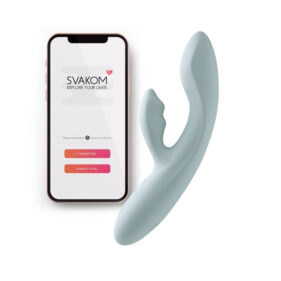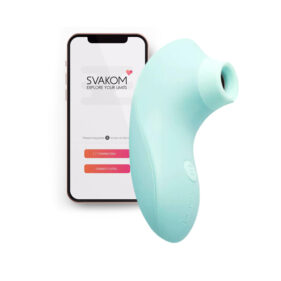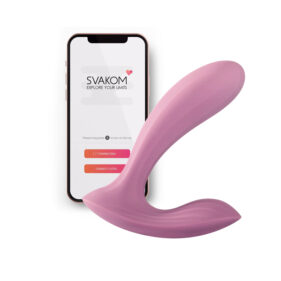
If there’s anything we need to get through life, it’s self-trust. It’s how you allow yourself to stand strong during challenges and even get out of your comfort zone, embracing the new and unknown. Yet it’s common for a lot of us to have trust issues, including issues within ourselves. We’ve all had our own sets of troubles that molded us into who we are, but also waver our self-image.
If you’re someone who wants to learn more about self-trust and improve on theirs, this guide is for you. Keep reading to unlock ways to better ourselves and become a stronger version of ourselves who we can trust more individually.
What is Self-Trust?

Psychology Today defines self-trust as “the firm reliance on the integrity of yourself.”
As trust in others helps you build a better and closer relationship with them, the same goes with yourself. If you can trust your gut and your choices, you get to know more about yourself and improve how you view yourself. Self-trust is the backbone and pillar of your overall being, wherein we trust that it benefits us in everything we do. And even if we inevitably make mistakes, they were meant to teach us new things about ourselves that we had yet to unlock.
Honing our self-trust and strengthening it is crucial in navigating the world and our identity, wherein we aren’t swayed by negativity and overthinking.
Pros of Having High Self-Trust
Learn more about what it means to uphold high self-trust down below.
1 You’re more likely to commit to more things.

And by things, you’re more okay and open with taking risks. The sky is the limit for you.
2 You’re more graceful towards yourself.

When obstacles or mistakes about it, you won’t take it personally. It’s all part of the process. Regardless, growth has still been gained.
3 You have more clarity and confidence in yourself and your choices.

With high self-trust, you know what you want and how to get it. The road ahead won’t matter because you’re resilient during those obstacles and bounce back repeatedly.
-
₱4,845.00
-
₱5,395.00
-
₱7,508.00
-
₱2,445.00
Hindrances One Faces When Building Self-Trust

Certain factors blocking us from achieving higher self-trust include:
- Past mistakes
- Trauma
- Regret
- Our inner critic
- Your external surroundings (e.g., certain people, your current situation, etc.)
How to Work on Your Self-Trust
Time to act on improving your self-trust day-by-day through this informative section.
1 Accept and work with your feelings.

It’s easy to deny your feelings, especially the bad ones.
But if you deny yourself the truth, how can you trust yourself to make good decisions later on? Honesty goes hand in hand with self-trust; instead of pushing aside your feelings, you validate and accept them. It’s time to end the cycle of not honoring our feelings for the sake of others to promote a better relationship with ourselves and improve our emotional intelligence. Besides, denying your emotions won’t make them go away or feel any less.
Acknowledging and accepting as they are is the first step to self-trust, followed by compassion when those emotions are rough and intense. You’d also get to work on them thoroughly to understand their roots, then let it empower you. That empowerment can then turn into self-trust, wherein your failures and dark moments can fuel you to be stronger and better.
2 Be wise in how you spend your time and energy.

Our time and energy are limited, so it’s key not to use it for the wrong things. Self-trust encourages you to focus only on what benefits you over those that won’t. For example, you trust yourself to do more movement and meditation even if it can be challenging to start over doom-scrolling. In the end, you’ll feel more refreshed and relaxed.
3 Set boundaries that cater to your needs.

Boundaries protect us from overexerting our time and energy on things that can affect our personal space. It also keeps away from potential harm. Setting proper boundaries shows you care for yourself, which builds self-trust because you can rely on yourself not to do things that aren’t authentically you.
Furthermore, the boundaries you should set to build self-trust are based on your current needs. Ask yourself: What are the things that matter the most to you right now? What do you need at this moment to feel fulfilled?
For example, you need respect. From there, ponder within yourself what factors provide you respect (e.g., greeting you politely) and what doesn’t (e.g., calling you during off-work hours). Those would then be your boundaries, especially the latter. And if they’re not met, there are consequences to them.
Boundaries prevent you from getting stepped on by the world, and when you know what yours are, you can rely on yourself to notice if it’s happening and how to approach it properly.
-
₱3,400.00
-
₱12,600.00
-
₱2,975.00
-
₱2,695.00
4 Practice kindness to yourself.

Before being kind to others, you must learn to be kind to yourself. Watch your inner voice and see if they speak positively or negatively. If the latter is the case, it’s your responsibility to rewire it, which takes a lot of time to do. You’ll have to work through your troubles and limiting beliefs and gain clarity and peace between them.
But besides that, your inner voice is present 24/7 and can be your biggest cheerleader or enemy. And when you make a mistake, it’s possible that it can beat you up and ruin your self-image. Hence, it’s important to work towards having a more positive inner voice that supports you and urges you to try your best in everything you do. For now, observe how you speak to yourself and note any patterns that may bring you down or uplift you.
When you fix your self-talk and inner voice, you can trust yourself more to do anything that ranges from easy to challenging.
5 Learn to keep the promises that you made.

Starting with the smallest ones like drinking water in 5 minutes or changing clothes after a workout, fulfilling these promises shows that you’re capable and you can rely on yourself to them. Even if they come naturally, you have the discipline to do them right away. Plus, you also feel fulfilled. Mind you, those small wins accumulate over time.
With that mindset, it should extend to other, bigger aspects of your life so you can further enhance your self-confidence and self-commitment. But at the same time, you shouldn’t get too ambitious as it may distort your smaller wins into disappointments. It’s all about balance here.
6 Take risks!

Doing new things can be scary, but doing them takes a lot of courage.
For example, working out. You may not regret breaking a sweat and getting your heart racing, but you will regret not showing up when you said you would. Moreover, taking risks unlocks new skill sets that give you a sense of accomplishment and resilience.
It makes you feel more confident about going beyond your comfort zone and finding your purpose. All in all, your self-trust strengthens in dedicating your time to personal growth.
7 Carve out more time for yourself.

You lack self-trust when you don’t spend more time with yourself, especially the deeper side of you. You need a lot of me time to learn more about yourself and understand your ins and outs. By ins, you uncover your strengths. With the outs, you figure out your limitations and weaknesses.
Furthermore, such one-on-one connections let you acknowledge who you are and let go of what doesn’t resonate with you.
Aside from the inner work, exploring your horizons builds self-trust. By horizons, it can mean your hobbies. When you make time for them, you feel a sense of your identity and are given lots of love and attention. You feel alive. In terms of self-trust, you’d promise to commit to them at x amount of time per day and do it because you know it elicits positive emotions.
8 Forgive yourself.

Self-trust comes hand in hand with self-forgiveness. When mistakes occur, it feels natural to beat yourself up for it. But mind you, you merely worked with information you knew then and did your best. Wallowing up in its negativity won’t do you any good, so accepting as it is and giving yourself grace is the best way to pick yourself up. Doing that shows that you can bounce back, which can improve your self-trust.
9 Reward yourself from time to time.
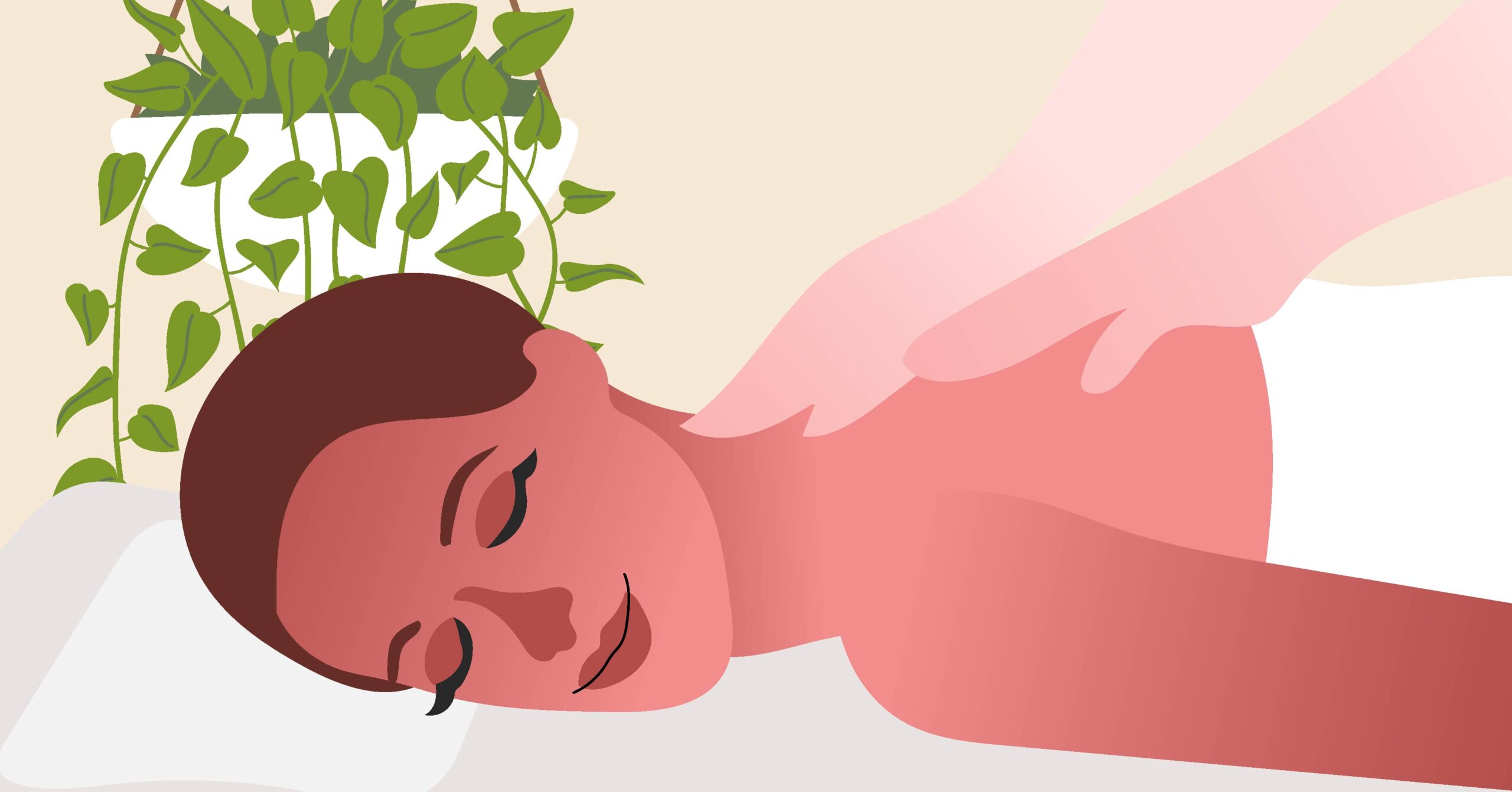
Sometimes, a reward towards the end of a challenging task can push you to start. Hence, placing a reward can be helpful when you find yourself in such a situation. As a result, you build self-trust for each time you finish and reward yourself because you fought through your procrastination and fears.
-
₱3,845.00
-
₱7,508.00
-
₱2,345.00
-
₱3,995.00
10 Work on being more decisive.
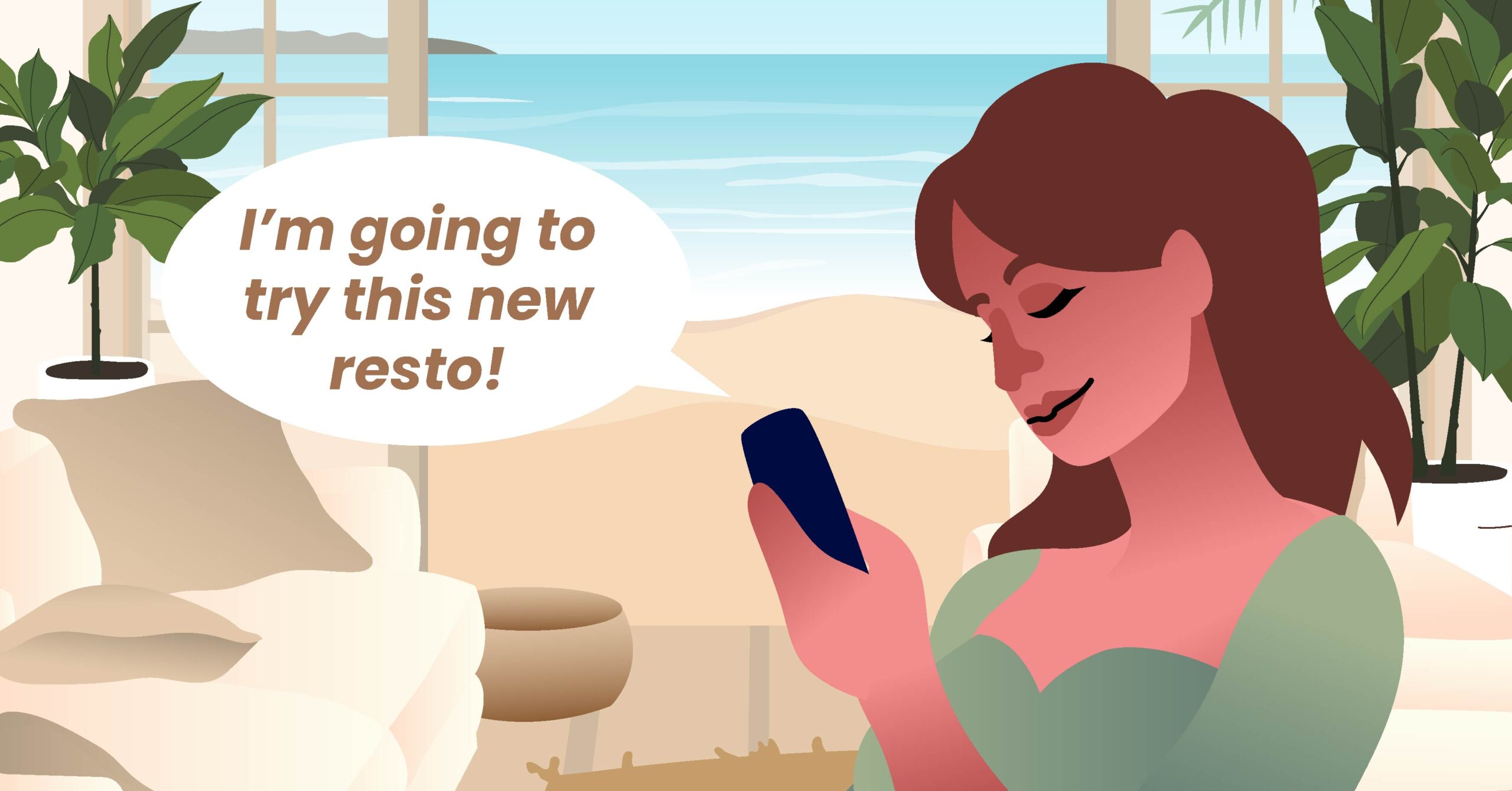
Literally, those moments you wanted to choose where you want to buy your coffee, have a meal with a friend, or whether or not you should buy the thing? Our self-trust is being tested as we ask ourselves which is the better option, to the point it can take hours or even days to reach an answer. Sometimes you give up because the decision-making process becomes too stressful, especially on the bigger things.
In turn, you have to learn to be quicker and more decisive when reaching a decision. Doing so means you trust your gut and the after-effects it can do for you. Plus, you can save more time on other things because ruminating is time-consuming.
11 Lower your pride.

Girl, you don’t know everything and that’s okay. It’s in embracing the uncertain and pulling through in your own way that makes you build self-trust. Being resilient and honest when you try something new gives you grace and embrace the intricacy of being a beginner. Plus, having your pride so high puts you under so much pressure, and you don’t want that. So instead, lower it so you can truly take in the moment and ease into the progress you’re making for yourself.
12 Be yourself.

This tip is a big test of self-trust. Knowing who you are and sticking to it without fear of judgment means that you’re comfortable in your own skin and feel good about your unique quirks. Moreover, being yourself means being okay with who you are authentically. You won’t let anything else sway or influence you otherwise.
So, if there are certain things or people that make you question yourself, you want to evaluate how much time and energy you put into them. You’ll then trust your gut and know what’s good for you. Because being yourself allows you to be true to others, which is beneficial for relationship-building.
So yeah, keep being you if you want to improve your self-trust! Don’t shapeshift yourself into various identities that appeal to certain people and further go down the route of people-pleasing.
-
₱150.00
-
₱150.00
-
₱150.00
-
₱150.00
Takeaway
Having strong self-trust is key to living a more fruitful and meaningful life. It also makes you more reliable and secure, lessening any self-questioning. As a result, you’re more certain in everything that you do and how you do it. And even if things may not work out as expected because that’s the course of life, you’ll learn and bounce back from it. Because in the end, you gain growth and more self-trust at the fact you tried.
For more self-love and culture-related guides such as this one, head on over to the Lauvblog here.
